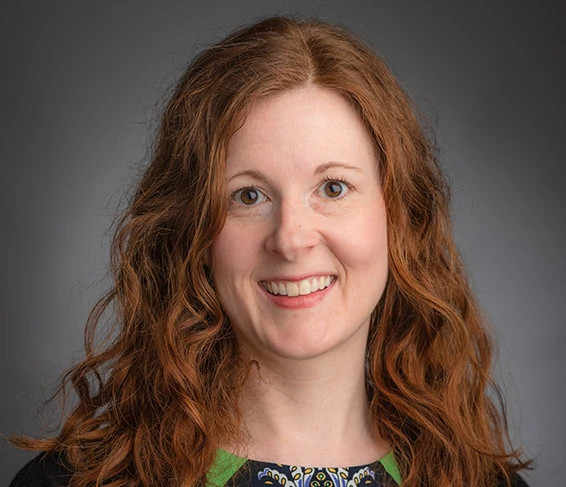Why did you decide to work in oncology?
I was first drawn to oncology as a field by the inspiring patients I met during my clinical training. The oncologists I witnessed formed close bonds with their patients and played an important role in helping patients during this difficult time in their lives. As a physician-scientist, I was also struck by the amazing progress that was being made in oncology research, including areas of genomics, targeted therapeutics, and immunology. I was able to witness several major advances in treatment that directly benefited patients during my residency training and this, too, inspired me to be a part of this field and work on improving options for our patients.
Tell us about the condition(s) you specialize in. Why is this an area of interest to you? What led you to focus here?
I focus on lymphoma and chronic lymphocytic leukemia (CLL). I find this to be an interesting area as I get to care for adult patients of all ages. Lymphomas are a broad set of diseases, ranging from indolent to aggressive presentations, and we have many varied treatment options to offer our patients. This includes some newer, exciting immune-based and targeted therapies. Given new advances, lymphoma and CLL practice is constantly changing and improving, making it an exciting and rewarding area of practice.
What are the main challenges in this area? How do you address these challenges with patients and families?
I think given the diversity of subtypes of lymphoma and presentations, each patient is unique and has different challenges. I try to spend a lot of time with my patients, providing education on their lymphoma and providing disease-specific individualized care alongside our entire lymphoma-focused team.
While we do have more therapy options than ever, there are still definitely subtypes of lymphoma for which we need improved therapies. Therefore, there are still many areas that can benefit from future scientific and clinical investigation. Furthermore, we still need to understand why some patients respond or do not respond to certain therapies so that we can select the best options for our patients. These areas are a focus of ongoing research at Dana-Farber Cancer Institute and, as a physician here, I have the privilege of being part of this exciting cutting-edge research.
Describe your research work in lymphoma/CLL. Why is this an area of interest to you?
In my research, I am interested in studying the clinical problem of transformation of indolent or slow growing lymphoma into an aggressive lymphoma. While our understanding of lymphoma genetics has evolved greatly in the past decade, we still do not understand the genetic underpinnings or cause of this transformation event. In particular, my research thus far has focused on Richter syndrome, or the transformation of CLL to an aggressive lymphoma, which can often be very difficult to treat. I strive to better understand transformation with the hope that this can both improve diagnosis and lead to future therapeutic advances.
What are you most excited about in the area of lymphoma/CLL? What holds promise for patients?
I think there are many exciting new therapies on the horizon for our patients. There are also exciting new therapies being examined in clinical trials and constant laboratory-based innovation that is expanding our understanding of what causes lymphoma. There is a lot of promise for the future of lymphoma therapy!
What do you like to do when you're not doing research/caring for patients? What do you do for fun?
When not at the hospital, I love to spend time outdoors. I also have two young children so enjoy any time I can spend having adventures with them in the area around Boston.
